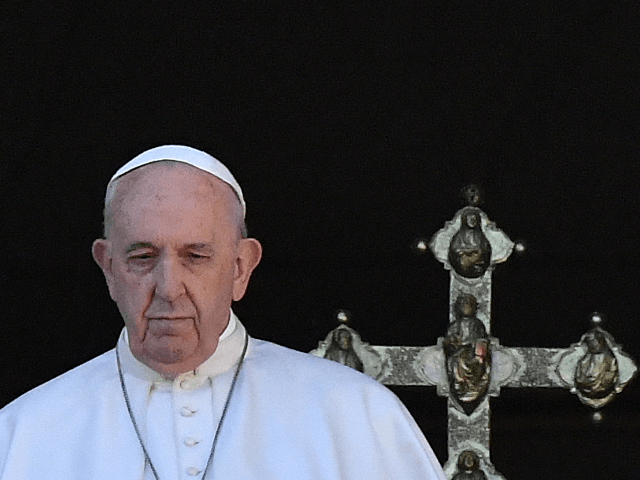ROME — Pope Francis asserted this week real Catholics reject polarization in a spirit of embracing and harmonizing differences.
“Polarization is not Catholic,” the pontiff told the Jesuit-run America magazine in an interview published Monday. “A Catholic cannot think ‘either-or’ and reduce everything to polarization. The essence of what is Catholic is ‘both-and.’”
“The Catholic unites the good and the not-so-good. There is only one people of God,” he continued. “When there is polarization, a divisive mentality arises, which privileges some and leaves others behind.”
As Vatican News noted this week, commenting on the article, the pope has warned against the dangers of “ideological partisanship in society, but especially within the Church,” adding that U.S. society too has some “ideological Catholic groups.”
According to Francis, a good Catholic “always harmonizes differences,” and these differences are part of God’s plan, the “disorder” caused by the Holy Spirit.
“If we see how the Holy Spirit acts, he first causes disorder,” he asserted. “Think of the morning of Pentecost, and the mess it was, and then he brings about harmony.”
“The Holy Spirit in the Church does not reduce everything to just one value; rather, he harmonizes opposing differences. That is the Catholic spirit,” he said. “The more harmony there is between differences and opposites the more Catholic it is.”
On the other hand, the “more polarization there is, the more one loses the Catholic spirit and falls into a sectarian spirit,” he added.
It is by combining differences that “we understand the Catholic way of dealing with sin, which is not puritanical: saints and sinners, both together,” he said.
In his answer, the pope evoked the example of Jesus himself, saying he opted not to join any of the religious “parties” of his day — the Pharisees, the Sadducees, the Essenes, and the Zealots — but rather chose to be “something different.”

COMMENTS
Please let us know if you're having issues with commenting.